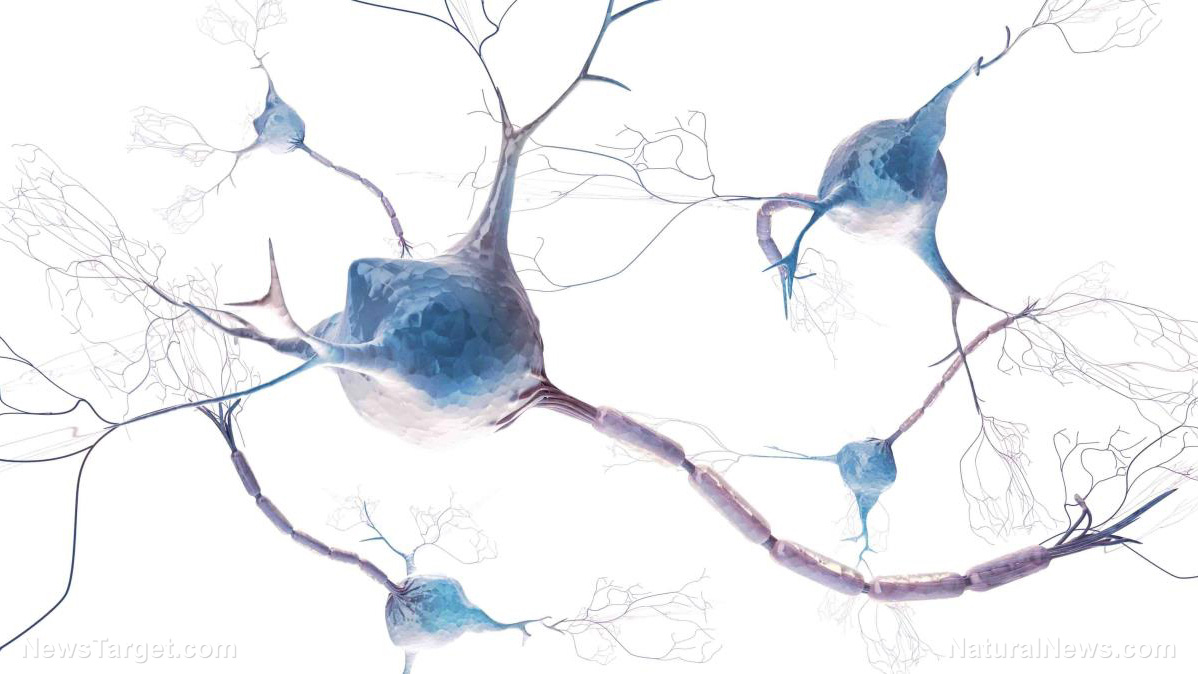Research finds exercise increases brain size, memory function as you age
09/20/2018 / By Ralph Flores

Here’s one more reason to start working out — a study has shown that regular exercise can benefit our brain in the long run.
The study, a collaborative effort between researchers from Australia’s National Institute of Complementary Medicine at Western Sydney University and the Division of Psychology and Mental Health at the University of Manchester in the United Kingdom, indicates that aerobic exercises directly affect the brain’s hippocampus — the region that governs memory, including the creation of long-term memory from short-term memory. (Related: Regular exercise increases brain volume, protects against age-related dementia.)
Brain health deteriorates as a person ages. The average brain starts shrinking at a rate of five percent per decade after reaching the age of 40.
Aerobic exercises, commonly known as “cardio”, make the heart pump fresh blood to working muscles. Common examples of these include running, hiking, swimming, and dancing. Previous studies, as well as some animal tests, have indicated that this kind of exercise increases the size of the hippocampus. However, evidence of this benefit applying to humans has been inconsistent at best.
To test this theory, researchers have studied clinical diagnoses in adults aged 18 years and above. The study sampled 737 participants, which included healthy people, people with a mild mental impairment (such as Alzheimer’s disease), and people with a diagnosis of a mental illness (such as depression and schizophrenia). The sample group was composed of people with a mean age of 66. They were then subjected to aerobic exercises such as stationary cycling, walking, and treadmill running for a period of three to 24 months, at two to five sessions a week.
Results of the study pointed out a notable growth in the size of the right hippocampus. While the study yielded no indicative increase in hippocampal volume, researchers pointed out that the results provide conclusive evidence of the benefits of aerobic exercise on brain health.
“When you exercise you produce a chemical called brain-derived neurotrophic factor (BDNF), which may help to prevent age-related decline by reducing the deterioration of the brain,” lead author Joseph Firth noted. “Our data showed that, rather than actually increasing the size of the hippocampus per se, the main ‘brain benefits’ are due to aerobic exercise slowing down the deterioration in brain size. In other words, exercise can be seen as a maintenance program for the brain.”
Additionally, the results of the study shed more light on how physical activity can be used to counter neurodegenerative disorders brought about by aging, such as Alzheimer’s disease and dementia.
Previous studies have already correlated the benefits that the brain gets through exercise, particularly with memory: People who exercise four hours after a mental task are able to better retain information. The study has also tested the participants’ memory two days after, and the group that exercised after the mental task has been able to recall the task over those have not.
A separate study that was conducted by the University of Texas at Dallas yielded similar results. In a study that was conducted among adults 50 years and older, physical exercise was shown to help with improving memory and brain health, in addition to their physical fitness. Researchers explained that these findings point to memory decline as one of the key factors in the decline of cognitive function. However, regular exercise is proven not only to stave the brain’s mental decline, but also to help in managing the physical consequences of aging in a person’s brain.
To learn more about how exercise benefits our brain, head over to Brain.news today.
Sources include:
Tagged Under: aerobic exercise, brain health, brain size, disease prevention, exercise, hippocampus, memory function, mental health, natural cures



















